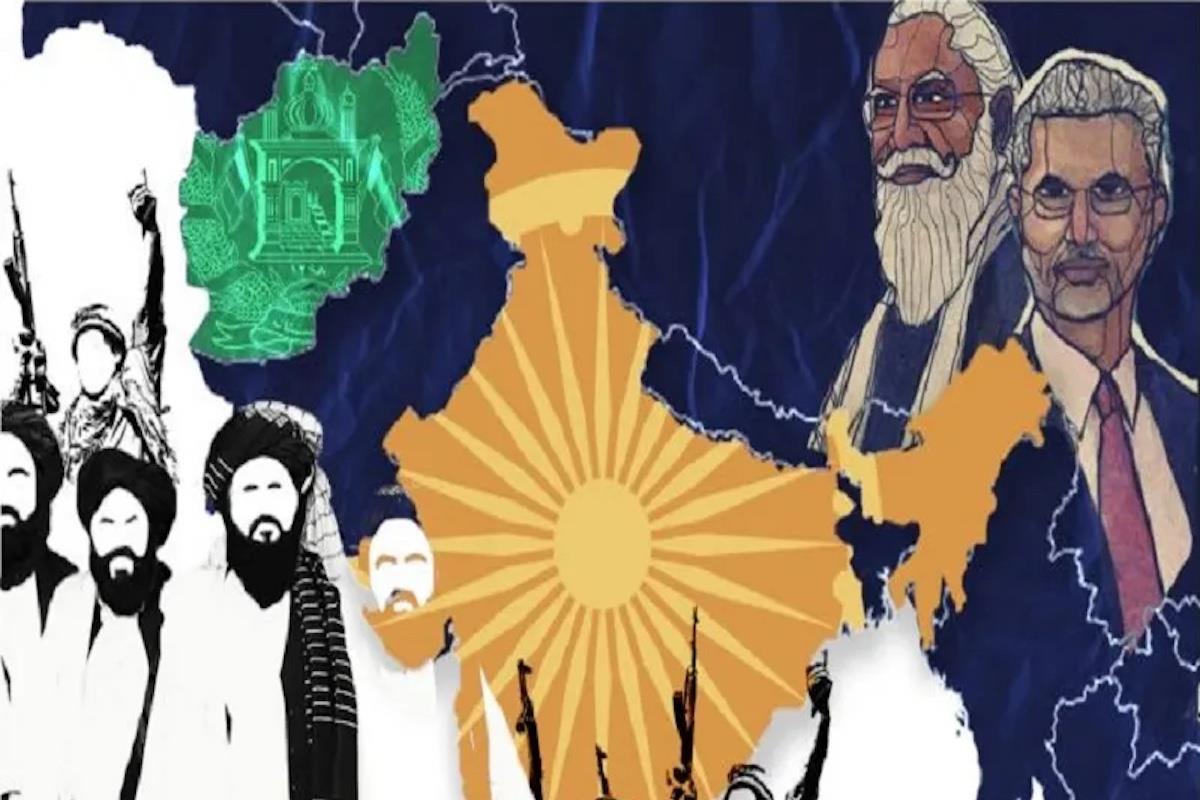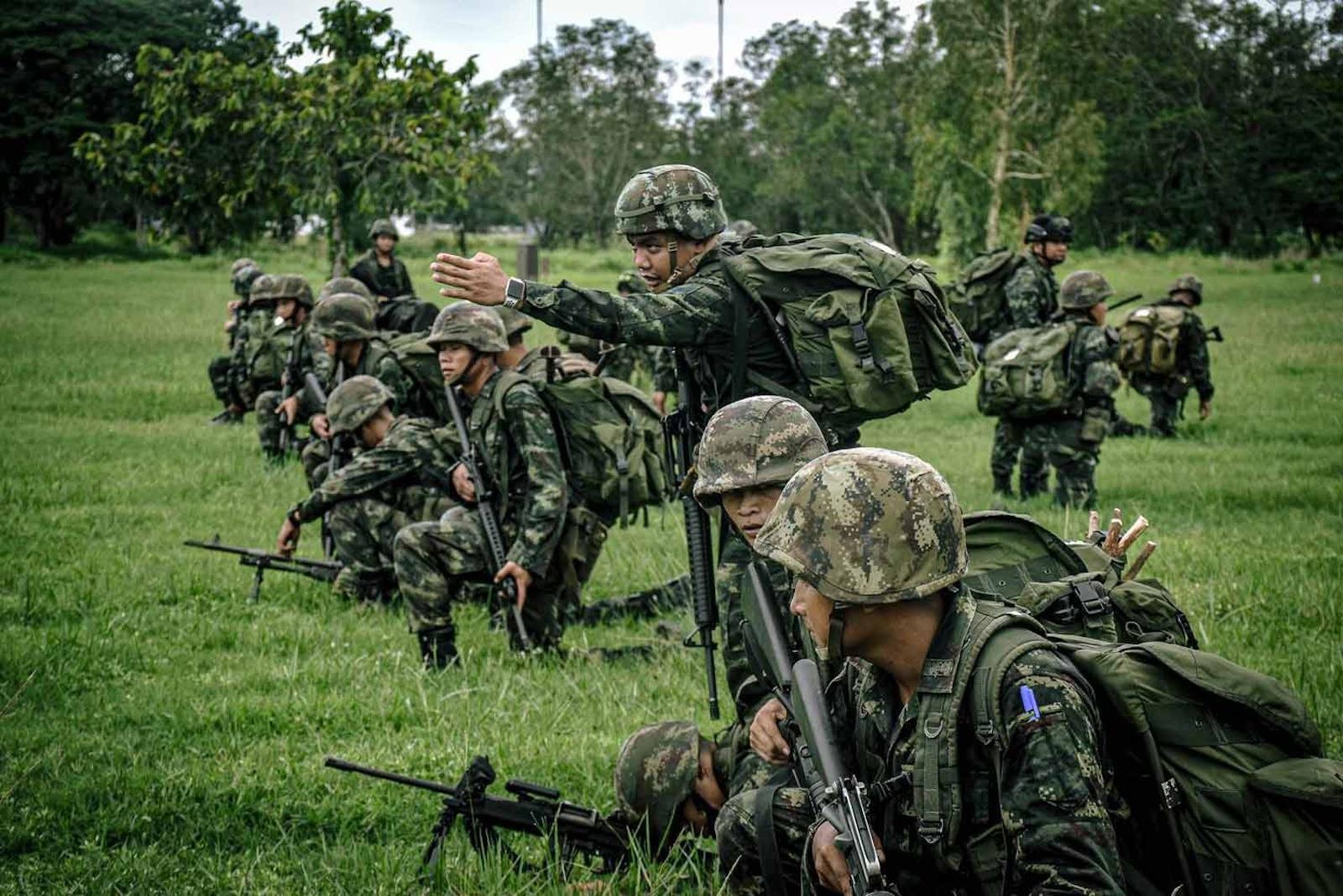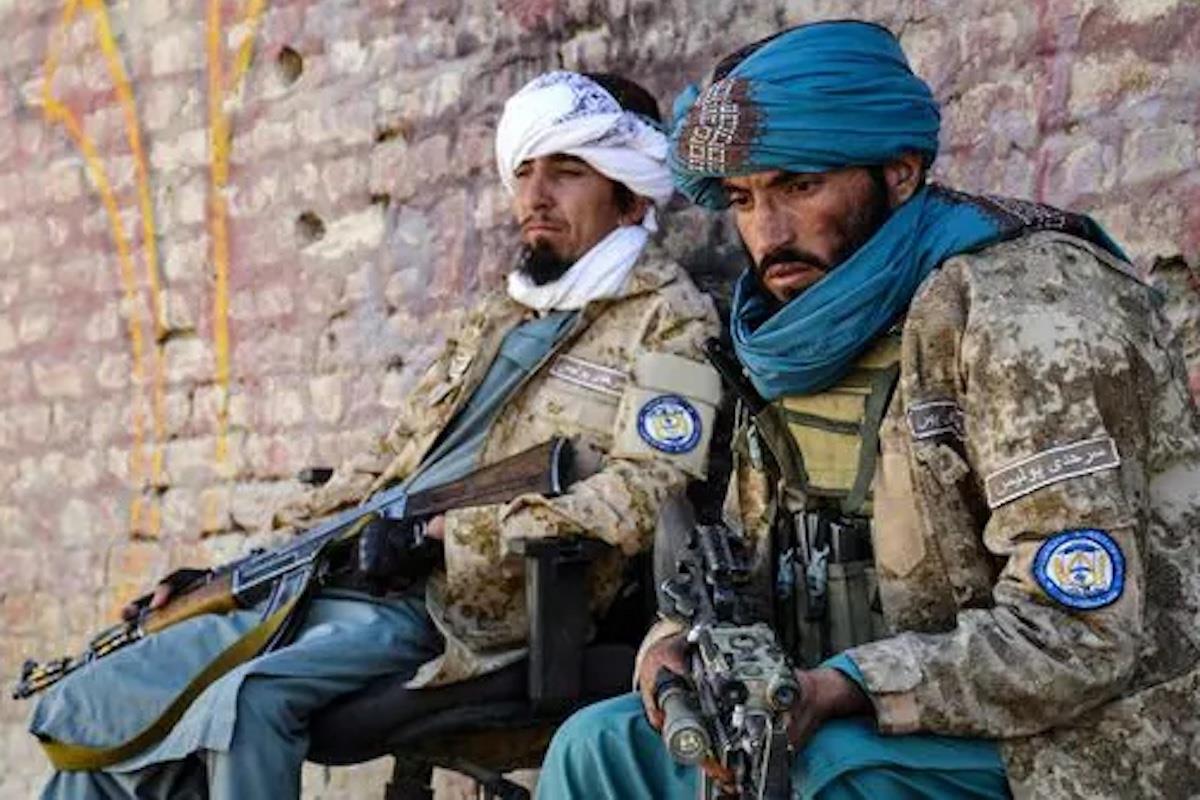
The Sudden Risk Of A Broader South Asian War
It was a geopolitical tremor, one that could reshape the delicate balance of power across South Asia. Pakistan's military said 23 of its soldiers were killed by Afghan forces, while at least 29 were injured. An Associated Press report put that figure higher, with an Afghan spokesman claiming 58 Pakistani soldiers were killed in the exchanges.
Pakistan said“credible intelligence estimates and damage assessment” showed its military killed more than 200 members of the Afghan Taliban regime and militants. The armed border exchanges came days after Kabul accused Islamabad of launching airstrikes inside Afghan territory.
For Pakistan, the skirmish was not merely a border violation; it was a strategic message from a volatile neighbor whose ideological proximity has not translated into political restraint.
The timing of the assault could hardly be more telling. It came as Afghanistan's acting foreign minister was visiting India, underscoring the suspicions in Islamabad that Kabul's latest belligerence may be part of a broader recalibration.
For Pakistan, which has spent decades advocating an Afghan-led and Afghan-owned peace process, this betrayal is as strategic as it is symbolic. The Taliban, once viewed by many in Pakistan as a manageable neighbor, now appear determined to assert their autonomy-by force if necessary.
New geopolitical realityThis attack has thrust South Asia into a dangerous new phase. The Taliban's actions signal a willingness to test Pakistan's resolve, perhaps as a bid to consolidate internal legitimacy amid economic collapse and international isolation. But the broader implications extend far beyond Kabul and Islamabad.
Latest stories
US-Pakistan reset drawing India and Taliban together

Cracked truce: Thailand-Cambodia border fight far from over

Trump's military strikes won't break Latin America's drug cartels
A two-front challenge now looms large over Pakistan's defense calculus. The possibility-however remote-of India exploiting western instability to exert pressure from the east cannot be dismissed.
New Delhi has already deepened its quiet engagement with the Taliban, a relationship driven as much by opportunity as by strategy. In the event of simultaneous pressure from both borders, Pakistan's armed forces would face a formidable strategic test unseen since 1971.
Yet Pakistan's geography remains its greatest strength. Decades of counterinsurgency and the modernization of its western border defenses have made the Pakistan Army far more agile and networked. Unlike the drawn-out insurgencies of the 2000s, today's Pakistan is better equipped-both technologically and strategically-to respond decisively.
The military's swift and intense retaliation to the Afghan attack, reportedly destroying multiple Taliban posts and halting cross-border incursions, demonstrated that preparedness.
China, Saudi Arabia on guardFor Beijing, the Taliban's aggression poses an immediate dilemma. China's Belt and Road ambitions hinge on regional stability-particularly through the China-Pakistan Economic Corridor (CPEC), which connects China's western and historically volatile Xinjiang region to Pakistan's port of Gwadar.
Any prolonged instability along Pakistan's western flank threatens the security of Chinese investments and could embolden Uyghur militant networks operating in Afghanistan's northeast.
Beijing has invested heavily in persuading the Taliban to act responsibly; an open confrontation between Kabul and Islamabad would shatter that illusion. Expect China to quietly but firmly push the Taliban to de-escalate-while offering Pakistan economic and intelligence support to stabilize the frontier.
Saudi Arabia's response will be equally consequential. Fresh from signing a landmark defense cooperation pact with Islamabad, Riyadh has strategic reasons to stand by Pakistan.
For Saudi Arabia, a stable and strong Pakistan serves as both a security partner and a potential counterweight to Iranian influence in Afghanistan. Any aggression from Kabul-especially one coinciding with Indian assertiveness-would reinforce Riyadh's view that Pakistan remains a bulwark of Sunni security in a fracturing region.
Financial and logistical backing from Saudi Arabia would likely flow swiftly, ensuring Pakistan can sustain prolonged vigilance without economic strain.
The India factorIndia, meanwhile, faces a delicate balancing act. On one hand, it has courted the Taliban diplomatically to prevent Afghanistan from becoming a haven for anti-India groups. On the other, it sees Pakistan's western distraction as a strategic opportunity.
Should border tensions escalate into a sustained confrontation, New Delhi may intensify pressure through intelligence operations or border posturing in Kashmir-testing Pakistan's military bandwidth. However, any miscalculation could prove catastrophic.
A Pakistani response on two fronts would likely invoke deep coordination with China, as both nations share an interest in deterring Indian adventurism. The emergence of a de facto China-Pakistan-Saudi alignment-each driven by overlapping security and economic interests-would redraw South Asia's power geometry.
India could find itself increasingly encircled by a coalition that views its regional ambitions with suspicion.

Sign up for one of our free newsletters
-
The Daily Report
Start your day right with Asia Times' top stories
AT Weekly Report
A weekly roundup of Asia Times' most-read stories
The Taliban's unprovoked attack is more than a border incident-it is a stress test for regional alliances. Pakistan's challenge now is to neutralize immediate threats without allowing external powers to manipulate the situation.
A calibrated response-firm but not escalatory-will be key. Simultaneously, Islamabad must leverage its ties with Beijing and Riyadh to build a unified diplomatic front that isolates Kabul's aggressors.
The episode also highlights a deeper truth: peace in South Asia will remain fragile as long as Afghanistan continues to oscillate between extremism and statehood. The Taliban's failure to evolve from insurgents to governors now threatens not only Pakistan's security but also the region's economic future.
If India were to exploit this moment militarily, the result could be a regional conflagration-drawing in China, Saudi Arabia, and potentially Iran. In that scenario, South Asia's fault lines would no longer be ideological; they would be existential.
For now, Pakistan's restraint and readiness will shape whether this remains a border clash or the opening chapter of a wider regional crisis. The Taliban may have fired the first shot-but how Islamabad, Beijing, Riyadh and New Delhi respond will determine whether South Asia heads toward confrontation or recalibration.
Advocate Mazhar Siddique Khan is a Lahore-based High Court Lawyer. He may be contacted at ...
Sign up here to comment on Asia Times stories Or Sign in to an existing accoun
Thank you for registering!
An account was already registered with this email. Please check your inbox for an authentication link.
-
Click to share on X (Opens in new window)
X
Click to share on LinkedIn (Opens in new window)
LinkedIn
Click to share on Facebook (Opens in new window)
Facebook
Click to share on WhatsApp (Opens in new window)
WhatsApp
Click to share on Reddit (Opens in new window)
Reddit
Click to email a link to a friend (Opens in new window)
Email
Click to print (Opens in new window)
Print

Legal Disclaimer:
MENAFN provides the
information “as is” without warranty of any kind. We do not accept
any responsibility or liability for the accuracy, content, images,
videos, licenses, completeness, legality, or reliability of the information
contained in this article. If you have any complaints or copyright
issues related to this article, kindly contact the provider above.


















Comments
No comment